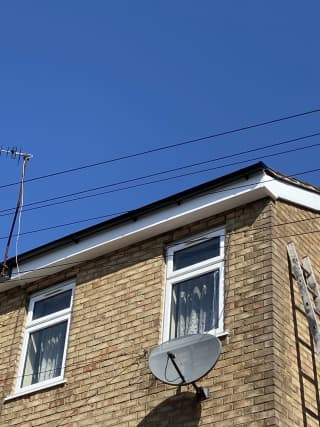Fochabers is a village in the Parish of Bellie, in Moray, Scotland, 10 miles (16 kilometres) eastern of the cathedral city of Elgin as well as situated on the east bank of the River Spey. 1,728 individuals reside in the town, which delights in a rich music and social background. The town is likewise home to Baxters, the family-run supplier of foodstuffs. The town owes its existence to Alexander Gordon, 4th Duke of Gordon (1743-1827). Throughout the late-eighteenth century, throughout the Scottish Enlightenment, it was trendy for landowners to found brand-new communities and villages; these can be identified all over Scotland, because unlike their precursors they all have right, wide streets in mostly rectangle-shaped designs, a central square, as well as the houses built with their primary altitudes alongside the street. The lessees gained from more roomy residences, as well as the Duke, it has to be stated, gained from not having the hoi polloi living in hovels precisely the doorstep of Gordon Castle. Fochabers was founded in 1776, as well as is one of the best examples of a prepared town. It is a conservation area, with a lot of the structures in the High Street listed as being of historical or architectural passion, as is Bellie Kirk, the Roman Catholic church St. Mary's Fochabers, which houses jobs by remarkable artisans, and also the Episcopalian church, Gordon Chapel, which boasts the biggest collection of Pre-Raphaelite stained glass in Scotland. Electrical energy was brought to the village in 1906 by Charles Gordon-Lennox, 7th Duke of Richmond supplied from a tiny hydro-electric creating station built in 1905 in the Quarters district on the banks of the fast-flowing Spey. Temporarily in the mid-twentieth century, Fochabers was the home of 3 duchesses - Hilda, Duchess of Richmond as well as Gordon; Ivy, Duchess of Portland as well as Helen, Duchess of Northumberland. In between 1893 and 1966 the village had a railway terminal, Fochabers Town, although after 1931 this was open only to products. For almost 3 years, the people of Fochabers campaigned for a bypass, as the town is positioned on the A96, the only direct route from Aberdeen to Inverness, and also subsequently suffers from serious website traffic troubles. Building and construction work with a bypass for Fochabers as well as the adjoining town of Mosstodloch began on 2 February 2010 and was completed in January 2012, at a cost of £31,500,000. The job was substantially delayed due to conflict concerning the recommended course, and also exploration of a Neolithic settlement on the site of the bypass.










